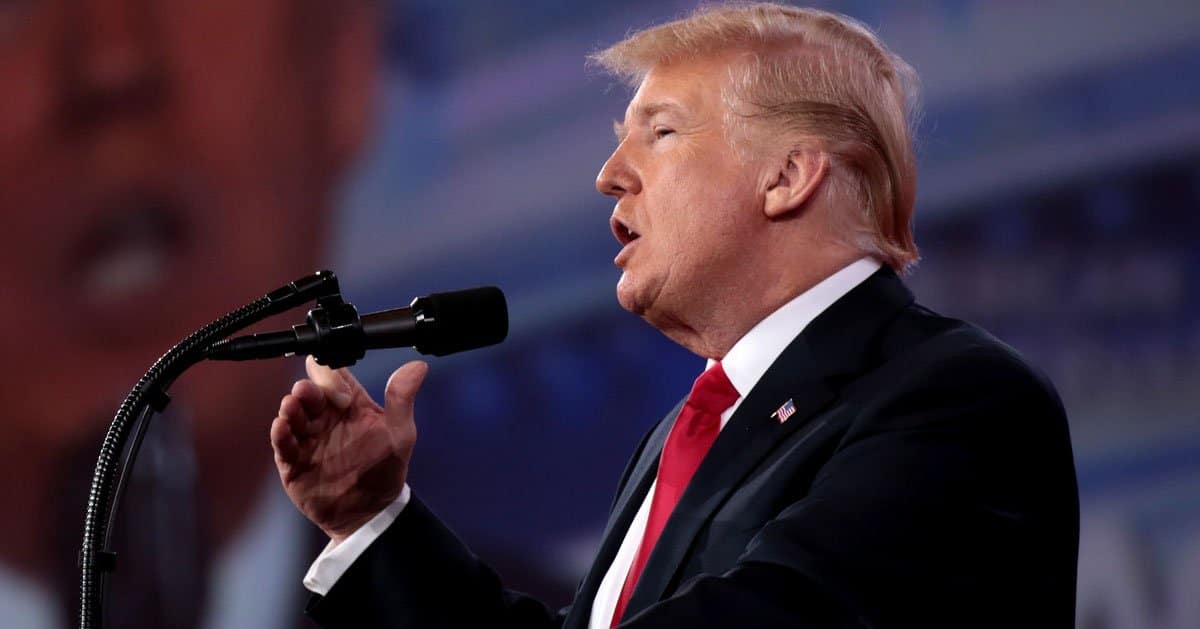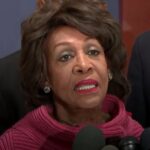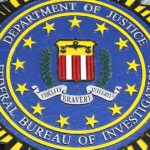







A federal judge in Louisiana has ruled that Robert F. Kennedy, Jr. can move forward with a lawsuit against the Biden administration, alleging that his organization, Children’s Health Defense (CHD), was censored on social media platforms due to government pressure.
Fox News reported that the decision marks a significant development in Kennedy’s ongoing battle against what he claims is undue suppression of his charity's content, which critics label as anti-vaccine.
Judge Doughty made the ruling on Tuesday, finding substantial evidence that the government may have influenced social media companies to censor CHD’s posts.
The lawsuit brought by Kennedy contends that this alleged censorship violated the First Amendment rights of the organization, which seeks to "end childhood health epidemics by eliminating toxic exposure."
The lawsuit centers on allegations that the Biden administration exerted pressure on major social media platforms—such as Facebook, X (formerly Twitter), and YouTube—to suppress content deemed as misinformation.
Judge Doughty highlighted the importance of this case by referencing the recent U.S. Supreme Court decision in Murthy v. Missouri, which touched on similar issues of standing and censorship.
Judge Doughty noted, "The Court finds that Kennedy is likely to succeed on his claim that suppression of content posted was caused by actions of Government Defendants, and there is a substantial risk that he will suffer similar injury in the near future."
This statement emphasizes the court's belief that the alleged government actions could have a lasting impact on the organization’s ability to communicate its message.
In his ruling, Judge Doughty drew parallels between Kennedy’s case and the Supreme Court’s decision in Murthy v. Missouri.
This decision was significant in setting the framework for understanding the relationship between government actions and private censorship by social media companies.
CHD's general counsel, Kim Rosenberg, praised the ruling, stating, "Judge Terry Doughty carefully and clearly analyzed the law and facts and applied the framework from the U.S. Supreme Court’s recent decision in Murthy v. Missouri regarding standing."
Rosenberg emphasized that the court not only recognized the standing of CHD to sue but also affirmed the organization's claims that direct government-linked censorship had occurred.
The judge’s ruling suggests that Kennedy's claims are not only plausible but also likely to succeed in court.
This decision ensures that the case will return to a lower court for further proceedings, where an injunction review will take place to determine if immediate action is necessary to prevent further harm to CHD.
The lawsuit raises broader questions about the role of social media companies in moderating content, especially when influenced by government directives.
The Centers for Disease Control and Prevention (CDC) maintains that vaccines, including the COVID-19 vaccine, are "safe and effective," a stance that contrasts with the mission of Kennedy's organization, which has faced criticism for its anti-vaccine position.
Despite the controversy surrounding CHD's stance, the ruling underscores the potential legal challenges that arise when government entities are perceived to overstep their bounds in regulating speech on digital platforms.
This case could set a precedent for how similar claims are handled in the future, particularly as the relationship between government and private companies continues to evolve in the digital age.
The timing of the ruling is noteworthy, as it comes just days before Kennedy announced the suspension of his presidential campaign.
Kennedy's decision to endorse former President Donald Trump adds another layer of complexity to the legal battle, as it positions him within a broader political context where issues of free speech and government overreach are hotly debated.
Kennedy’s lawsuit reflects a broader concern among some groups about the potential for government overreach in collaboration with private companies to silence dissenting voices.
The outcome of this case could have far-reaching implications for how social media platforms manage content and the extent to which the government can be involved in these decisions.


